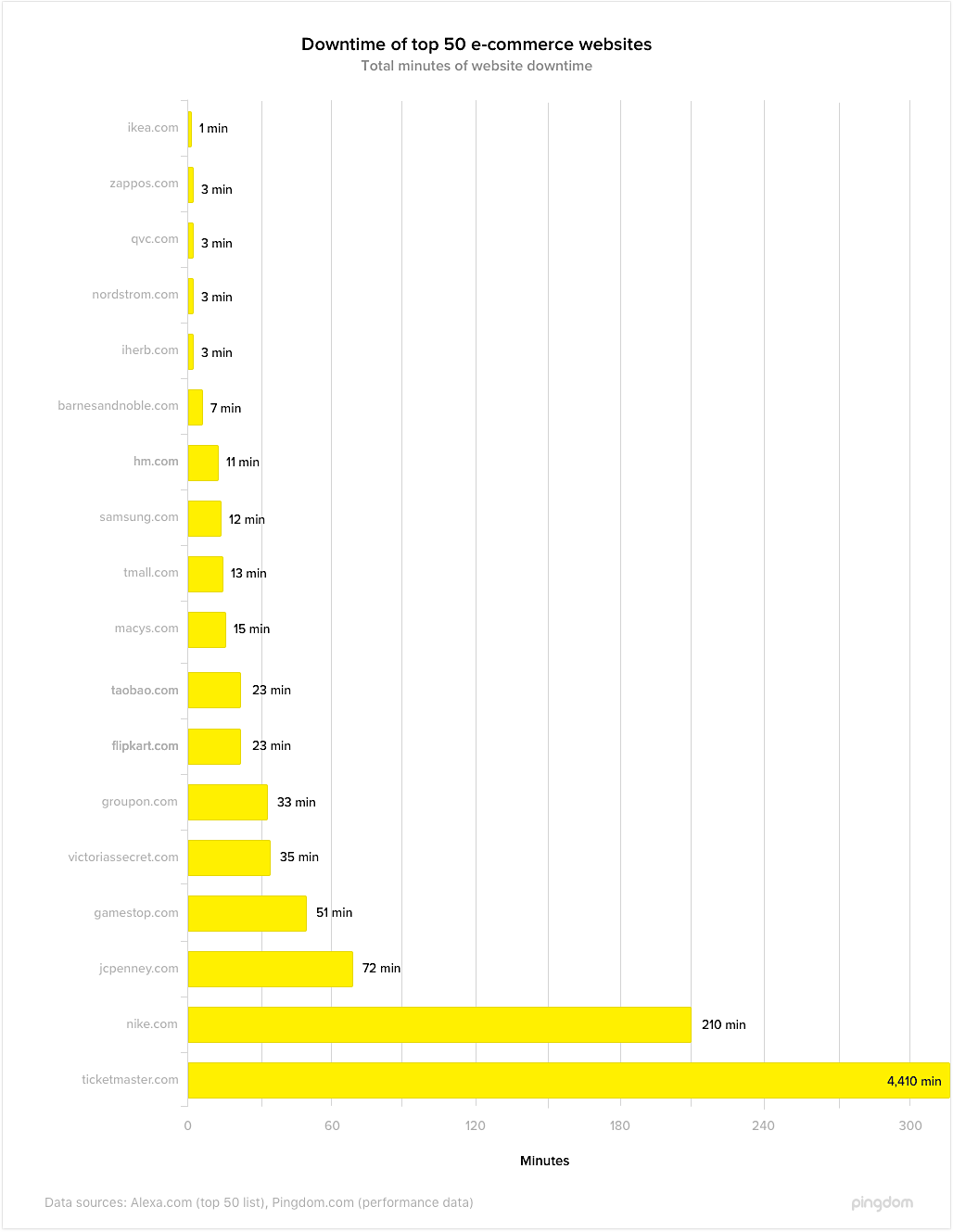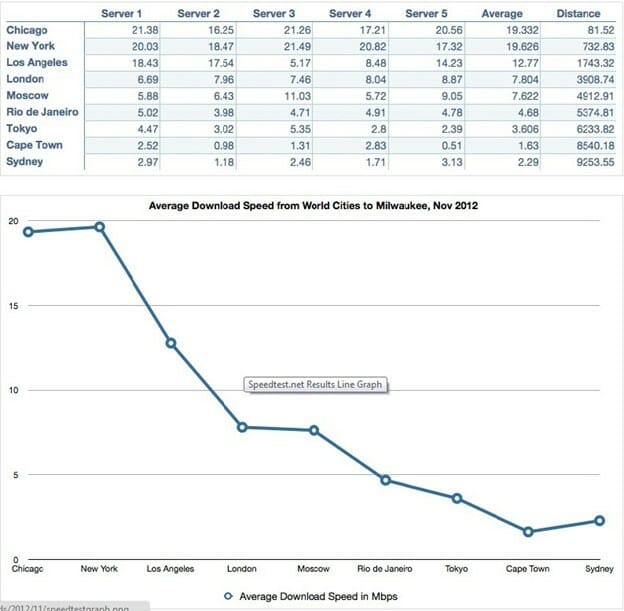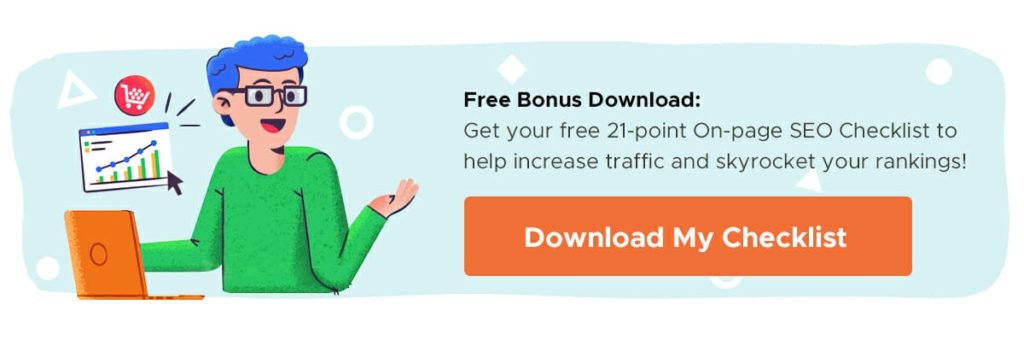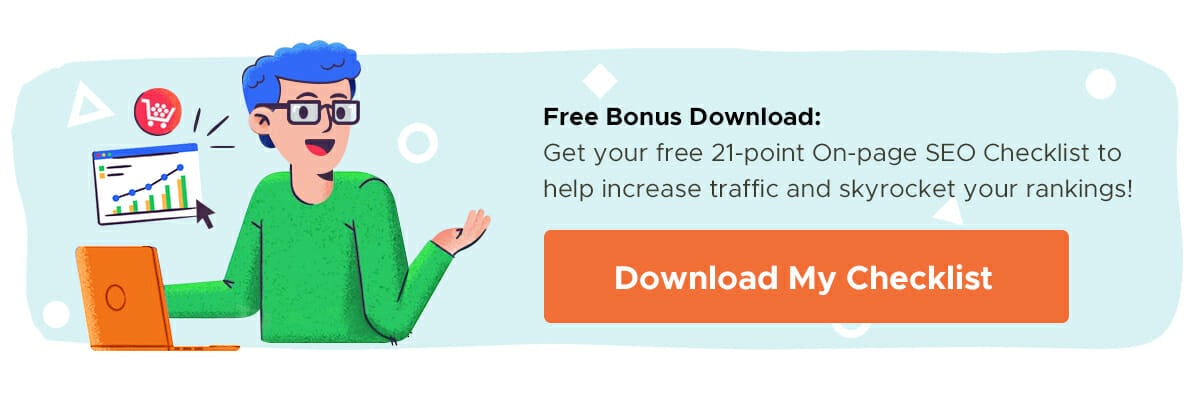A strong SEO strategy is key to the success of your website. You already know that (or if you don’t, you should!). However, SEO doesn’t merely involve using the right keywords in the right places, making sure your site is mobile-friendly, and posting strong content that attracts guests. Numerous technical problems can also impact your strategy’s overall effectiveness.
Thus, you might be wondering the degree to which a technical factor such as your hosting option will have an effect on your site’s performance. Maybe you’re considering a shared hosting option. This is popular, as shared hosting tends to be more affordable than other models.
Is shared hosting a reasonable choice or will it harm your SEO? To better understand this topic, we’ve put together this list of seven key points you need to know about the relationship between SEO and shared hosting.
1) Shared Hosting Isn’t a Ranking Factor
This is the most important point. Some SEO factors have a direct impact on your pages’ rankings in relevant Google search results. These are factors which Google’s algorithm specifically “considers” when determining where to rank a page. When programming the algorithm, Google’s developers intentionally design it to account for these factors when ranking pages. They’re also frequently willing to let people know which factors are important.
According to Matt Cutts, former head of search quality at Google, your hosting option is not a ranking factor because Google understands that you can’t control who else is on that IP address:
That said, there are many SEO factors that have an indirect effect on rankings. The fact that Google doesn’t program its algorithm to consider a site’s host doesn’t necessarily mean that your hosting option has no effect whatsoever.
For example, while your hosting option might not directly affect your Google rankings, it can affect its performance, indirectly affecting its ranking as a result. Several of the remaining points in this list illustrate how this can occur.
Dive Deeper:
2) Site Speed Is an Issue
The page load time on your website is an example of how your choice of web host may indirectly impact your ranking. After all, while the host you choose isn’t exactly that important to SEO, site speed is. Pages that load faster simply have lower bounce rates than slowly loading pages. Over time, a high bounce rate can affect where your pages rank when users perform relevant searches.
People simply don’t have the patience for slow sites. In fact, Google research has confirmed that most mobile users will leave a page that take longer than three seconds to load:

This type of consistent user behavior tells Google’s algorithm that the content on these pages isn’t valuable to users. Because Google’s goal is to ensure that users find relevant and valuable content when performing searches, the algorithm will thus favor pages that load more quickly because they are simply more likely to retain guests.
That’s worth remembering when deciding where to host your website. With a shared hosting provider, your resources are distributed in such a way that site speed can suffer at times. This makes sense; you’re not the only one using the host’s resources. Other sites also depend on it. This can strain the host from time to time and when that happens, there’s a good chance that your pages will load more slowly.
This is not to say that you should reject a shared hosting option for this reason alone. It simply means that you should consider site speed an important factor when evaluating all options. You need to be confident that your pages will generally load at a reasonable speed (three seconds or less). Research your options and try to find one that’s known for hosting reliably fast sites. And remember that you can always switch to a new web host if your current one isn’t delivering results.
3) Uptime and Downtime Are Important
It should come as no surprise that site uptime and downtime both contribute to your Google ranking. Sites that are down for extended periods of time will struggle to attract consistent visitors. You obviously can’t reach the top of the SERPs if this is the case. As with slowly loading sites, users aren’t likely to re-visit sites that have been down frequently in the past. Downtime will also naturally limit users’ ability to find your site in the first place.
Don’t assume that you can find a host that will keep your site up and live every minute of every day. Some downtime should always be expected because web hosts must shut down sites temporarily in order to perform basic maintenance. You should research how frequently this occurs with the various options you’re considering before making a final decision. Some hosts performance maintenance more often than others.
While maintenance is, of course, important, excessive maintenance might limit your uptime. You need to strike the right balance between reasonable uptime and reasonable maintenance. You might also want to refer to charts such as the one below, which represents the downtime of the top 50 e-commerce sites on the Internet:

However, you also need to account for the technical capabilities of your hosting option. Some hosts aren’t capable of handling dramatic shifts in the needs of a site.
For instance, maybe you post a piece of content on your site that goes viral. This could lead to a massive surge in traffic. An ill-equipped web host may not be able to handle this traffic. What should be a good day for your site’s popularity could turn into a bad one if the sudden boost in traffic causes your site to go down. Because SEO relies on a site having minimal downtime, you need to find a host that can handle these unexpected traffic surges.
That said, there are steps you can take on your own to prevent website downtime, such as:
- Set Up Monitoring
- Increase Security
- Back Up Your Site Regularly
- Choose a Reliable Web Host
- Make Use of a CDN
- Fine-Tune Your Site
Again, this demonstrates how technical factors can have a greater impact on SEO than you may have initially considered. As you likely know, a key principle of SEO is simple: post strong content. If your content is strong, you’ll attract users to your site naturally.
The problem is, if your web hosting option isn’t capable of handling sudden traffic boosts, you won’t be able to leverage that content to its full potential. Thus, when planning your content strategy from an SEO perspective, you still need to consider how technical details will affect your content strategy.
Dive Deeper:
4) Host Server Location Matters
It is often important to account for the location of your host server when considering your options. The host server location affects site speed and, as you already know, site speed affects SEO.
Your main goal is to identify where most members of your target audience live. This doesn’t need to be a very specific location; it can even be a country. However, if your audience is fairly concentrated in one particular area, the more specifically that you can define their overall location, the better. This might be the case if you run a local business. In this instance, your site would cater to an audience in one particular city or neighborhood. Very few of your guests would come from other regions.
It’s important to keep this in mind because sites load more quickly when their host servers are geographically proximate to the users visiting them. Thus, when considering your options, try to find one with a host server in the region you’ve identified as home base to most of your audience.
To better understand the effect of server location on site speed, refer to the image below. It represents the results of a test of download speeds from various servers in the world to Milwaukee:

Of course, the degree to which this will be an important factor depends on the nature of your audience. Just as there are local business websites targeting people in a relatively small geographic area, there are also plenty of websites with frequent guests distributed throughout the world.
You would be wasting time trying to find a host server that’s “near” people living in various parts of the world in this case. If your site attracts global traffic, the host server location shouldn’t be a major priority. This is only a factor worth keeping in mind if a large portion of your traffic comes from the same region.
Additionally, as your site grows in popularity, traffic may begin reaching it from different parts of the world. The fact that most of your audience members live in one region now doesn’t mean this will always be the case. You need to account for this when planning your long-term strategy. A web hosting option that meets your needs now (and has a server location near your audience) might not be ideal in the future. Once again, this is why it’s important to prepare.
5) Security Is Essential
Security breaches obviously cause SEO problems. Even if Google doesn’t intentionally penalize sites that have been breached, research indicates that security breaches can lead to technical difficulties that prevent Google from properly ranking your pages.
If your site requests that users share their information, you’ll struggle to maintain an audience if your security is less than stellar or it’s been compromised. That’s why it’s important to look for a web hosting option that’s known to be relatively secure. You don’t want your SEO to suffer because you chose a hosting option that leaves your site vulnerable to attacks.
Dive Deeper: How Poor Website Security Negatively Impacts SEO Rankings
Final Thoughts
It’s clear that choosing a shared hosting option won’t immediately ruin your SEO strategy. Many already rely on shared hosting and yet continue to run successful sites. You simply need to understand which factors are worth prioritizing when considering your options. As long as you keep such factors as security, site speed and downtime in mind, you’re very likely to find a site host that meets your needs.

